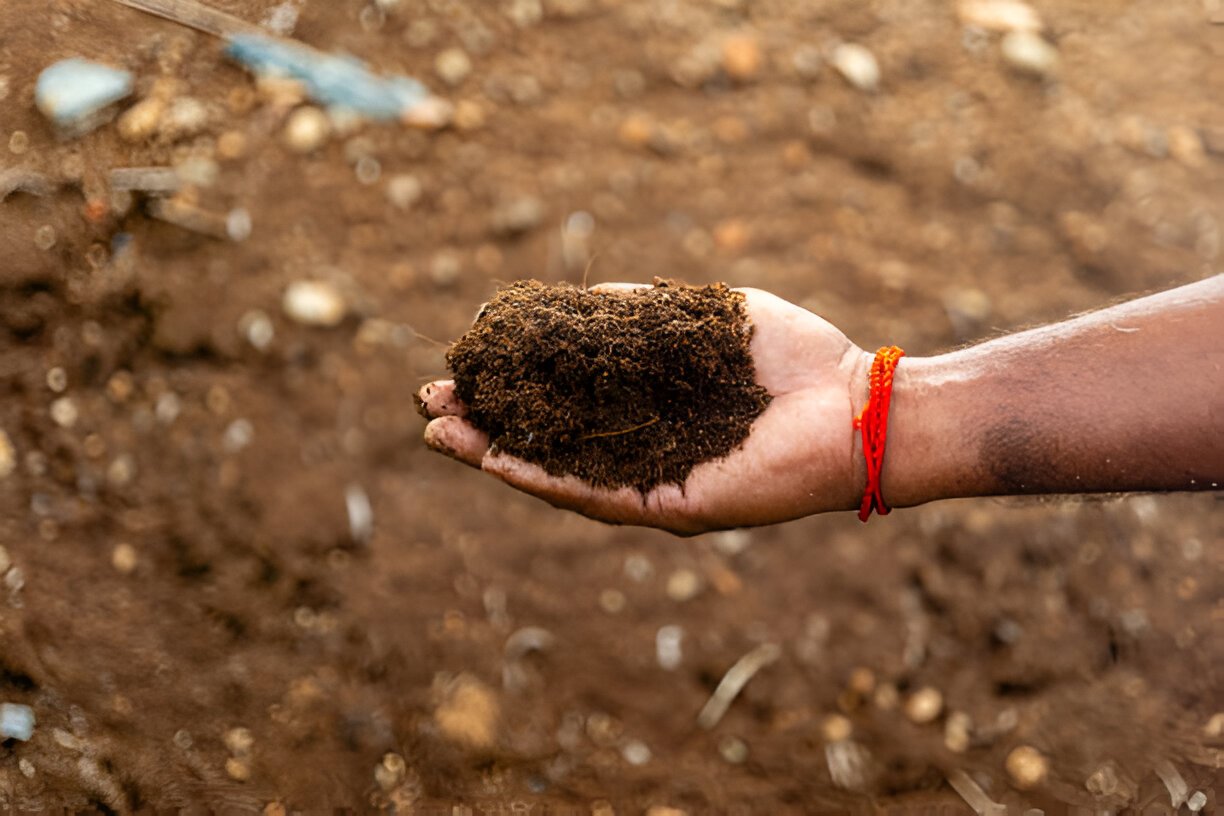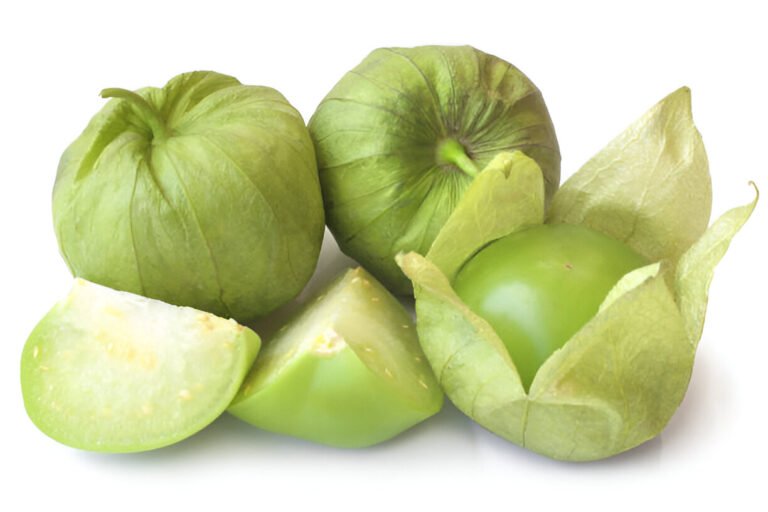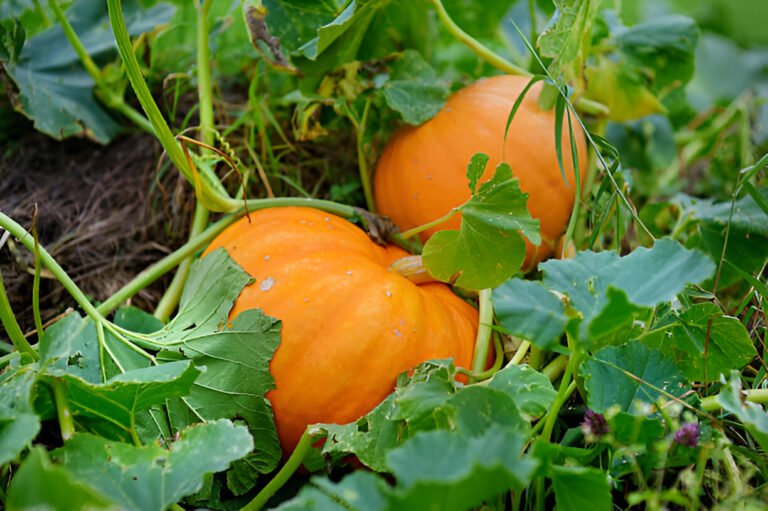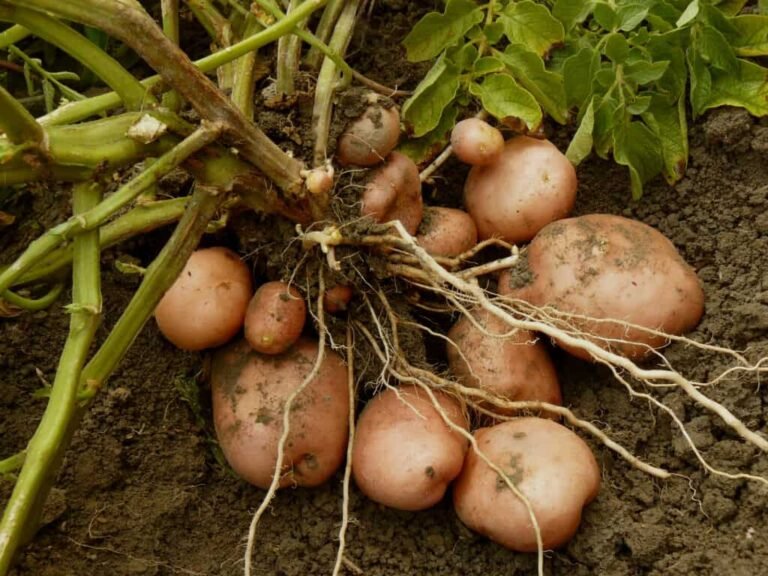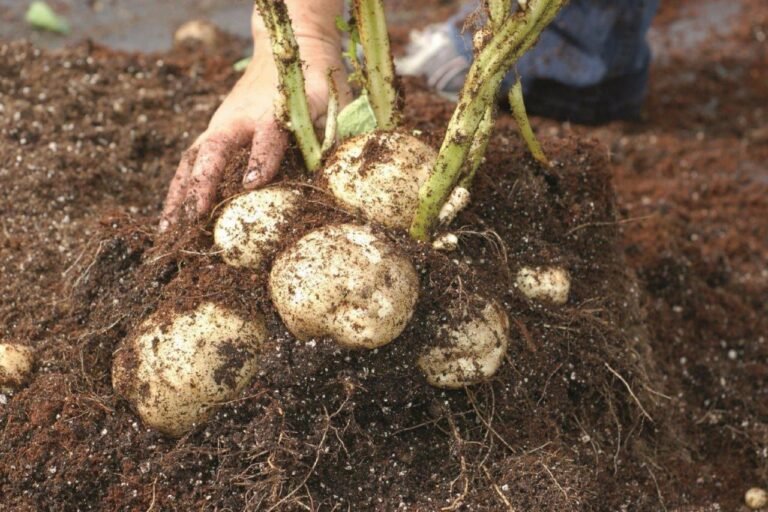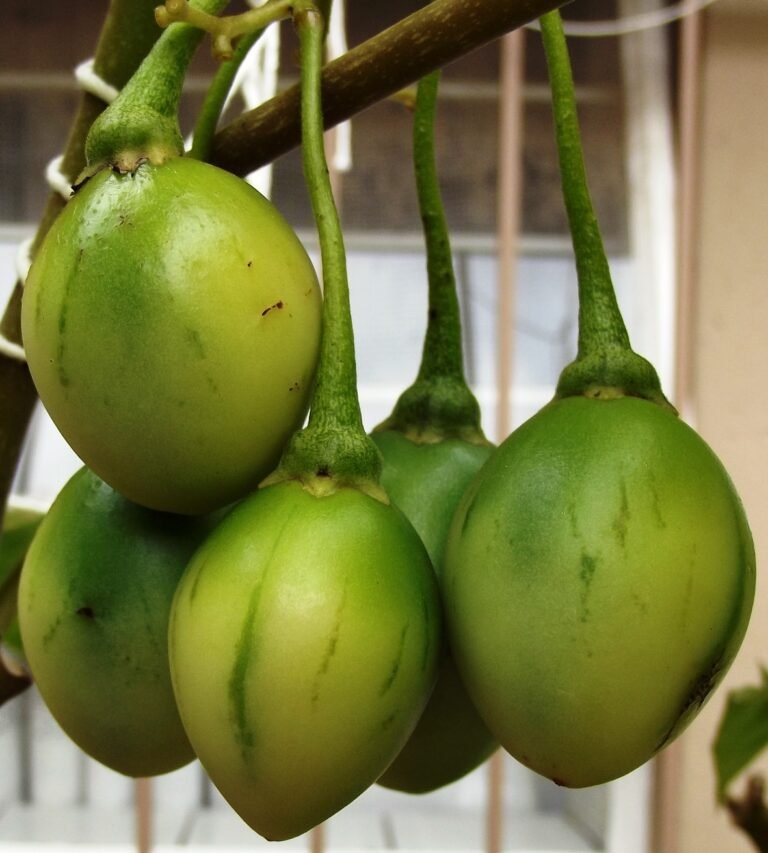Is Coconut a Good Mulch? My Gardening Experience with Coconut Coir Mulch
Mulching has always been one of those tasks I didn’t realize could make such a big difference in my garden until I really dove into it. If you’re like me, always hunting for eco-friendly, low-maintenance solutions, coconut coir mulch might be the hidden gem you didn’t know you needed.
I’ve experimented with different types of mulch over the years, but when I stumbled upon coconut coir mulch, I found myself coming back to it time and time again.
So, is coconut coir mulch any good? Let me take you through my personal experience with it, and maybe, by the end of this, you’ll be convinced to give it a try.
What Is Coconut Coir Mulch?
Before we jump into the benefits, let’s clarify what we’re working with here. Coconut coir mulch is made from the fibrous husk of coconuts, which is often discarded as waste. Instead of letting these husks go to waste, they’re repurposed into a natural and sustainable mulching material.
It’s like giving a second life to the coconut shells that would otherwise end up in the trash. For me, knowing that I’m using a product that’s not only effective but also environmentally friendly is a huge win.
Why Coconut Coir Mulch is a Game-Changer
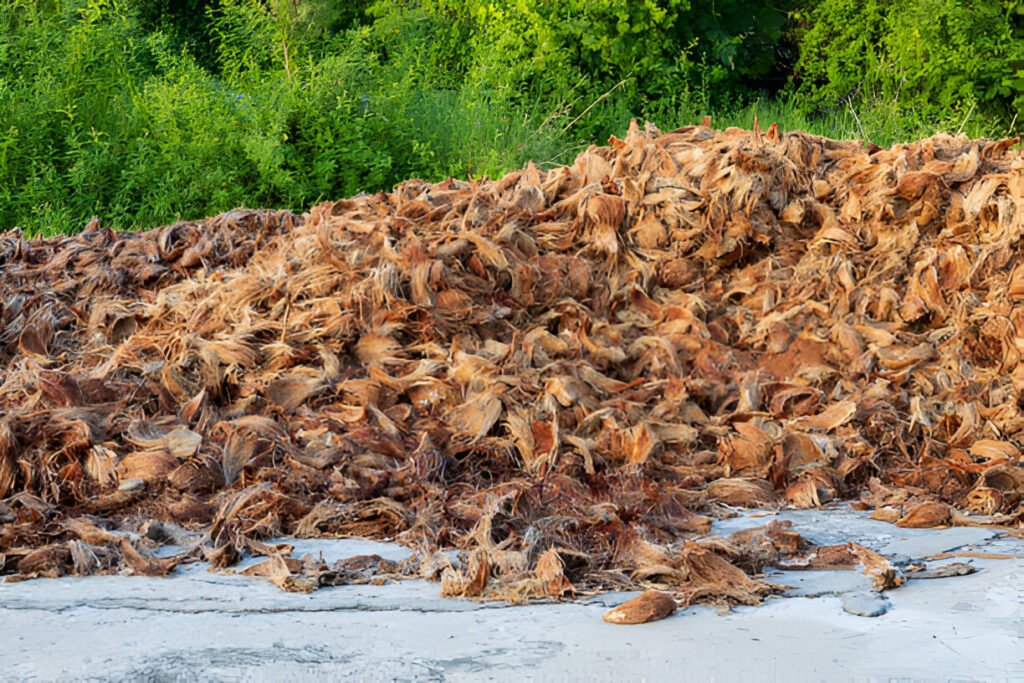
If you’re wondering, “Why should I switch from regular wood chips or straw to coconut coir mulch?” Let me break it down for you with the benefits I’ve personally experienced.
1. Moisture Retention: No More Dry Spells
You know that sinking feeling when you forget to water your plants and come back to find them looking thirsty? Well, coconut coir mulch can help prevent that. One of the biggest perks I’ve noticed is how well it holds moisture.
Unlike wood chips, which tend to dry out quickly, the fibrous texture of coconut coir acts like a sponge, keeping water close to the soil and releasing it slowly over time.
- Pro Tip: If you live in a hot, dry climate like I do, this mulch can be a lifesaver, especially during those brutal summer months. Your plants will thank you, trust me!
| Type of Mulch | Moisture Retention |
| Coconut Coir Mulch | High |
| Wood Chips | Medium |
| Straw | Low |
2. Weed Suppression: Your Garden’s Bodyguard
Raise your hand if you love weeding! (I didn’t think so.) One of the best features of coconut coir mulch is how it forms a dense layer over the soil, which keeps weeds from popping up everywhere.
Since I started using it, my weeding time has gone down considerably. It’s like laying out a natural barrier, keeping those unwanted intruders at bay. Plus, less time pulling weeds means more time enjoying your garden!
3. Soil Aeration: Let Your Roots Breathe
I’ve had experiences with certain mulches compacting over time, turning into what feels like a concrete slab on top of the soil. Not exactly ideal for healthy plant roots, right? Coconut coir mulch, on the other hand, stays light and fluffy, allowing air and moisture to move freely. This means your plant roots can breathe, and your soil stays healthier in the long run.
| Mulch Type | Compaction Over Time |
| Coconut Coir Mulch | Low |
| Wood Chips | Medium |
| Bark Mulch | High |
Coconut Coir Mulch: A Sustainable Choice
Sustainability is a hot topic these days, and I’ve become more conscious of how my gardening choices affect the environment. Coconut coir mulch ticks all the right boxes when it comes to eco-friendliness.
1. Biodegradable and Earth-Friendly
The best part about coconut coir mulch? It breaks down naturally over time, enriching the soil with organic matter. This means you’re not only providing a protective layer for your plants but also improving the soil’s fertility as it decomposes. Talk about a win-win!
2. Reduces Waste
By using coconut coir mulch, you’re giving a second life to coconut husks that would otherwise be thrown away. Every time I lay down this mulch, I feel good knowing that I’m reducing waste and contributing to a more sustainable gardening practice.
3. Long-Lasting Durability
Another thing I love about coconut coir mulch is how long it lasts compared to other options. I’ve found that it doesn’t break down as quickly as straw or bark mulch, meaning fewer replacements and less work for me over the seasons. Who doesn’t love saving time?
Other Benefits: More Than Just Mulch
If you’re still on the fence, let me toss in a few more reasons why coconut coir mulch could be your next favorite gardening tool.
1. pH Balancing for Acidic Soil
Got alkaline soil? Coconut coir mulch might just be your new best friend. It has a slightly acidic pH, which makes it perfect for balancing out more alkaline soils. If you’ve got plants like azaleas or blueberries that love acidic conditions, this mulch helps create a more welcoming environment for them to thrive.
2. Lightweight and Easy to Handle
Ever tried lugging around bags of wet mulch? It’s like a full-body workout you didn’t sign up for. Coconut coir mulch is much lighter and easier to spread. It’s also less messy than bark mulch, and it smells kind of nice—an earthy aroma that reminds me of being out in nature.
How to Use Coconut Coir Mulch in Your Garden
Okay, let’s get practical. If you’re ready to give coconut coir mulch a shot, here’s how I typically use it in my garden.
1. Prepare the Soil
Before applying any mulch, make sure your soil is well-prepared. Clear out weeds and water your plants thoroughly.
2. Spread the Mulch
Grab your coconut coir mulch and spread it evenly around your plants, aiming for a layer about 2-3 inches thick. Too thin, and you won’t get the full benefits; too thick, and you might stifle airflow.
3. Keep It Away from Stems
Avoid piling mulch directly against the stems or trunks of plants. I’ve learned that this can lead to rot. Instead, leave a little breathing room around each plant.
The Pros and Cons of Coconut Coir Mulch
I’d be remiss if I didn’t mention that, like everything, coconut coir mulch has its pros and cons. Here’s a quick breakdown based on my personal experience:
| Pros | Cons |
| Excellent moisture retention | Can be pricier than traditional mulch |
| Long-lasting durability | May not be available in all gardening stores |
| Eco-friendly and biodegradable | Initial setup can require a larger investment |
| Easy to handle and lightweight | Takes time to break down fully |
| Improves soil aeration and texture | Can slightly lower pH—watch for overly acidic soil |
My Final Thoughts: Coconut Coir Mulch is Worth It
So, is coconut coir mulch a good mulch? Absolutely! After using it in my own garden, I can confidently say it’s one of the best mulching options available, especially if you’re looking for something eco-friendly, effective, and easy to manage. From moisture retention to weed suppression, it ticks all the boxes.
If you’re tired of constantly replacing mulch or dealing with compacted soil, give coconut coir a try. Your plants (and your back!) will thank you. And if you’re the kind of gardener who cares about sustainability, this mulch aligns perfectly with a greener approach to gardening.
Happy gardening! 🌿
